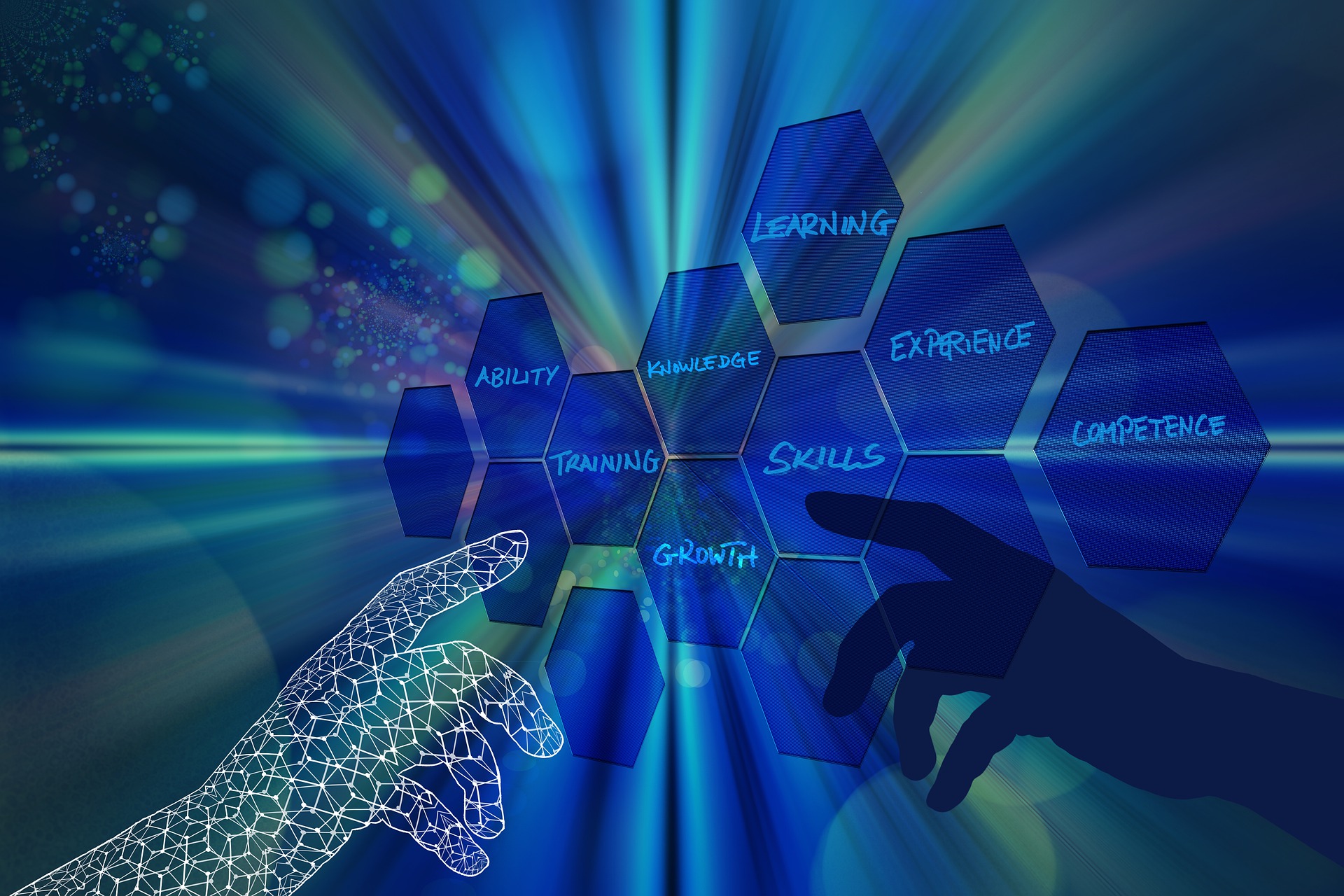Summary
No matter who you are or what you do, empathy is a valuable tool that everyone needs as a life skill to successfully interact socially with other people
No matter who you are or what you do, empathy is a valuable tool that everyone needs as a life skill to successfully interact with other people.

Life skills are necessary for full and successful participation in everyday life. So what are “Life Skills”?
Life Skills are all the things that enable us to interact socially with other people in our community. They are also the skills we use to maintain a roof over our head, a job, and food on our table. Being able to pay bills, get to work on time, listen to other people, and resolving conflicts are a few examples. In this blog series we are going to discuss some “critical social life skills”. Negotiation, Conflict Resolution, Empathy, Listening, and Ability to Explain. Today’s blog is about Conflict Resolution.
EMPATHY
Empathy is the ability to view things from another person’s perspective – to put you in someone else’s shoes. You can’t fake it. It has to be real to work well. How do things look if you were the other person with their experiences and situation? Have you even said or thought someone was going to like something or hate something? That was empathy. You understood how that person would feel or think about something. You also probably experienced someone else seeming to really understand you and you, your feelings, and situation. That was them being able to truly empathize with you. It felt good didn’t it? “Finally someone understands me.”

But empathy is not simply something you have or do not have. Like any skill or talent there are different levels of ability. The more you increase your empathy skill the more people will like you, trust you, confide in you, relate to you, and ask for your advice. It also will help you feel better about yourself and greatly help you with conflict resolution and negotiation life skills. Whether it is sports, politics, at work, or within the community, 89% of people want a leader who has the life skill of empathy. For more on workplace empathy use this link https://www.cisa.gov/lead-empathy
Some may think empathy makes you weak because you are neglecting your own feeling and desires. That simply is not true. Just because you are aware of someone else’s feelings and thinking does not mean you have to neglect yourself or give in. It is actually just the opposite. It will actually help you explain yourself better because you are better able to understand how your words are received by the other person. Plus, we are all more agreeable when someone empathizes with us.
HOW TO DEVELOP EMPATHY SKILL
Be curious about other people. Ask questions about them. What makes them happy? What do they dream of doing? People love to talk about themselves and everything you hear is you learning about people, culture, and society. Knowledge is power.
Ask for feedback and opinion on how well you understand someone.
Talk with people who have different opinions than you. Try to understand how they came to that opinion, not just think they are crazy.
Think about how you might be different in your own opinions if you were raised around a different religion, politics, economic status, or neighborhood. Would you act different? Why? Be honest with yourself. Almost everyone is a product of the conditions we were raised in. The more you develop empathy, the less you are controlled by those conditions and better able to be who you want to be and act how you want to act.
If you have a disagreement with a friend or partner, try role play where you each pretend to argue the other persons opinion, choice, or idea. It can actually be fun too and you are honing your empathy skill at the same time.
Lastly, try to remember that almost always, people believe what they are doing and saying is right for some reason. Empathy will help you understand that reason. When you understand the reasons you are in better control of your emotions and the entire situation.
Look for our other blogs in this Life Skills series including:
“Negotiation”, “Conflict Resolution”, “Empathy”, “Listening”, & “Ability To Explain”

